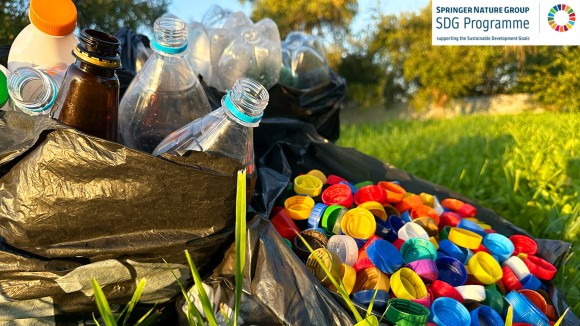The Collection will publish original research Articles, Reviews, Perspectives and Comments (full details on content types can be found here). Papers will be published in npj Materials Sustainability as soon as they are accepted and then collected together and promoted on the Collection homepage. All Guest Edited Collections are associated with a call for papers and are managed by one or more of our Editorial Board Members and the journal's Editors.
This Collection welcomes submissions from all authors – and not by invitation only – on the condition that the manuscripts fall within the scope of the Collection and of npj Materials Sustainability more generally. See our editorial process page for more details.
All submissions are subject to the same peer review process and editorial standards as regular npj Materials Sustainability articles, including the journal’s policy on competing interests. The Editor has no competing interests with the submissions, which they handle through the peer-review process. The peer review of any submissions for which the Editor has competing interests is handled by another Editorial Board Member who has no competing interests. See our Collections guidelines for more details.
This Collection is not supported by sponsorship.

